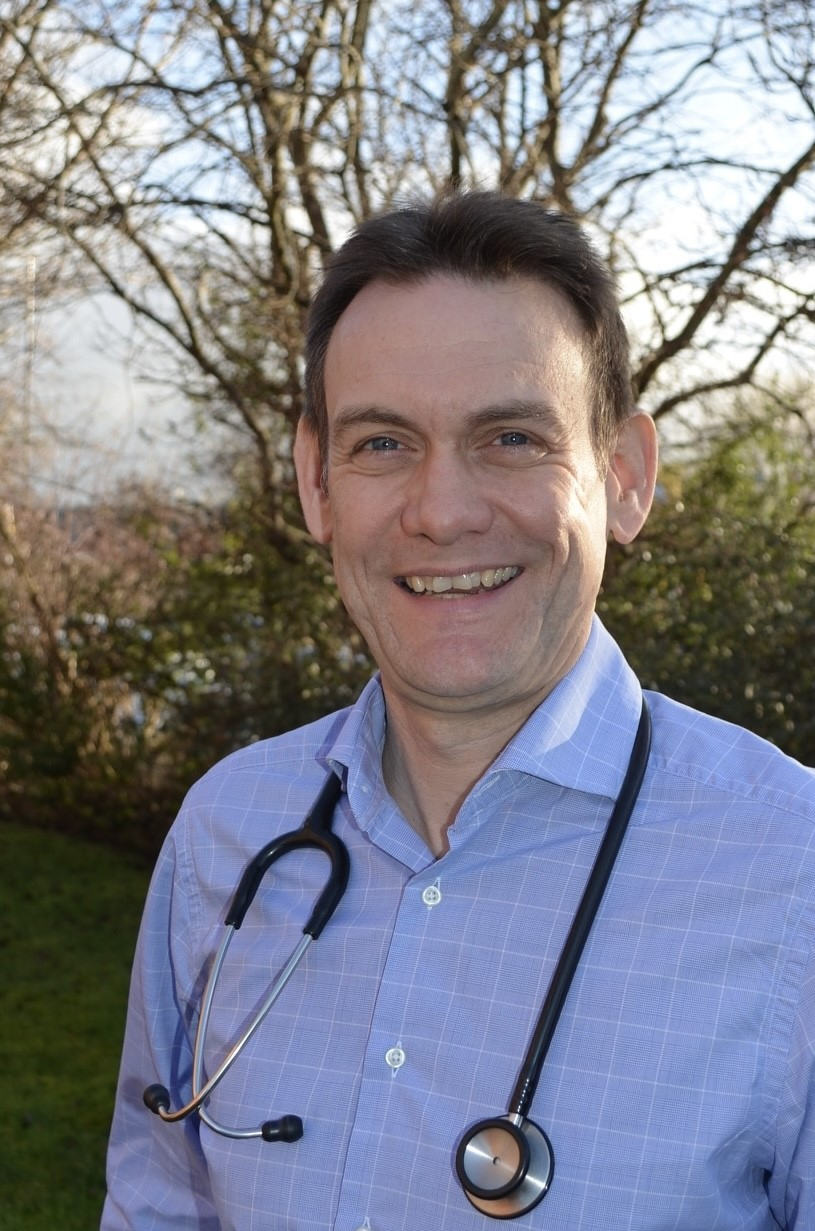Dementia Awareness Week is a national campaign which will run from 16-22 May with the aim to increase early diagnosis rates for dementia across England by tackling the public’s fears of talking about the condition. Over the week there will also be number of events taking place across Doncaster to help celebrate the campaign and promote local support.
Dementia is the broad term used to describe a number of different conditions affecting the brain. Alzheimer’s disease is the most common type of dementia but there’s also vascular dementia, frontotemporal dementia, and more. Over time it can affect memory, problem-solving, language and behaviour. Alongside this decline, individuals may develop psychological symptoms such as aggression, wandering, depression, and psychosis.
Dementia is not a natural part of aging. It is caused when a disease damages nerve cells in the brain. Nerve cells carry messages between different parts of the brain, and to other parts of the body. As more nerve cells are damaged, the brain becomes less able to work properly. There is no cure for the disease as yet – Dementia is progressive which means symptoms may be relatively mild at first but they get worse with time. Dementia affects everyone differently, however it can be helpful to think of there being three stages of dementia: early stage, middle stage and a later stage. These stages can be used to understand how dementia is likely to change over time.
A lot of people think of dementia as something that only elderly people have. But it also affects people in mid-life. Around 1 in 20 people with dementia are younger than 65, so it’s important that people of any age seek help if they are struggling. It’s also important to remember that there are many different reasons for memory symptoms which include many conditions that can be treated, such as depression or anxiety, chest or urinary tract infections and thyroid problems.
Dementia is a complex disease and as such, there is no single test for dementia. The dementia diagnosis process can vary for everyone. Your GP or another health professional at the GP surgery will carry out an initial questionnaire assessment and some blood tests. If they think it’s possible you might have dementia, they will refer you to a local memory service, which has medical staff who specialise in dementia. There isn’t yet a simple diagnostic test for dementia, so a diagnosis is normally based on a mixture of different types of assessment to give healthcare professionals enough information to tell you what is causing your symptoms.
Early diagnosis and intervention is valuable and can also improving the quality of life for people with dementia and their families. If diagnosed in the early stages, support and treatments can be planned for a patient to lead an active and fulfilled life but also gives a person a better chance to adjust and get the help they need, such as accessing therapies and support groups, this may also mean they can get access to medicines that can help manage some of the symptoms.
If you or someone close to you is experiencing changes such as significant memory loss, confusion or language difficulties, please visit your GP for an assessment.


